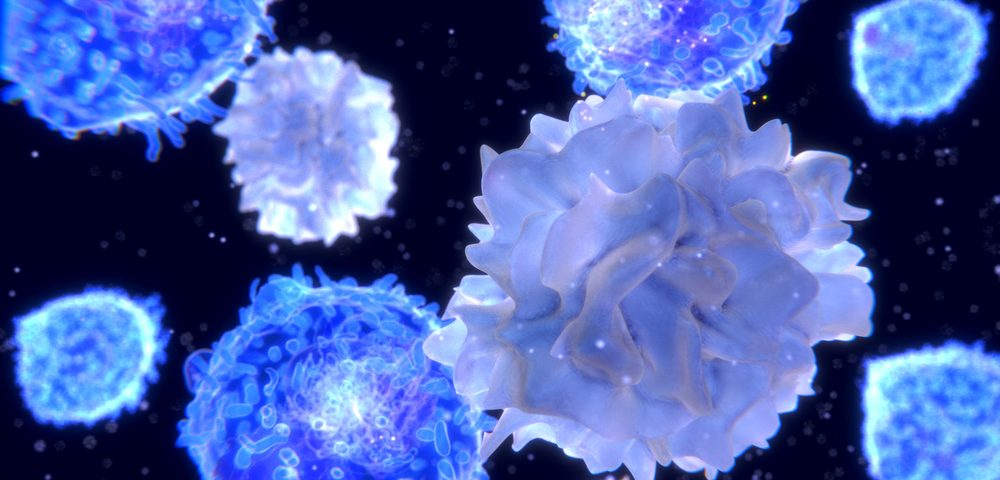Patients undergoing allogeneic (donor) stem cell transplants may benefit from treatment with ATIR101, a form of T-cells that help to fight infections and tumor cells while the patient is recovering from the transplant, with minimal risk of graft-versus-host disease (GVHD).
The findings from the CR-AIR-007 Phase 2 trial of ATIR101 (NCT01794299) will be revealed May 4 in an oral presentation at the International Society for Cellular Therapy (ISCT) 2017 Annual Meeting in London, England.
The study, “Add back of selectively depleted alloreactive T-cells retaining the full immune repertoire of mature T-cells improves event-free survival (GRFS) and overall survival in a T-cell depleted haploidentical HSCT,” will be presented by Dr. Halvard Bönig, professor of translational development of cellular therapeutics at Johann-Wolfgang-Goethe University.
Bönig is also head of the Department of Cellular Therapeutics / Cell Processing (GMP) at the German Red Cross Blood Donor Service, Baden-Wuerttemberg-Hessen, which manufactures ATIR101 for Kiadis Pharma’s European clinical trials.
For patients suffering from blood cancers, such as leukemia or lymphoma, a hematopoietic stem cell transplant (HSCT) is considered the most effective curative approach. The treatment consists of destroying the patient’s bone marrow, which includes the diseased cells. They are then replaced by stem cells from a donor. Patients usually take six to 12 weeks to recover normal blood cell levels and immune functions, but in the meantime, they are highly susceptible to infections and disease relapse.
ATIR101 was designed to fight those infections and cancer cells while the immune system grows again from the transplanted stem cells. It consists of T-cells isolated from a partially matched family member, but lacks the T-cells that would cause GVHD, a life-threatening condition in which the donor’s immune cells attack the patient’s healthy tissues, thus eliminating the need for preventive immune-suppression.
Administering ATIR101 following HSCT provides the patient with functional and mature immune cells that not only fight bacteria, virus, and fungi, which reduced the risk of death due to infections, but also helps eliminate residual cancer cells, reducing the risk of disease relapse.
Because ATIR101 comes from a partially matched family donor, the company believes the treatment could be available to over 95 percent of patients. Only 65 percent of eligible patients in need of an HSCT will find a donor in time.


